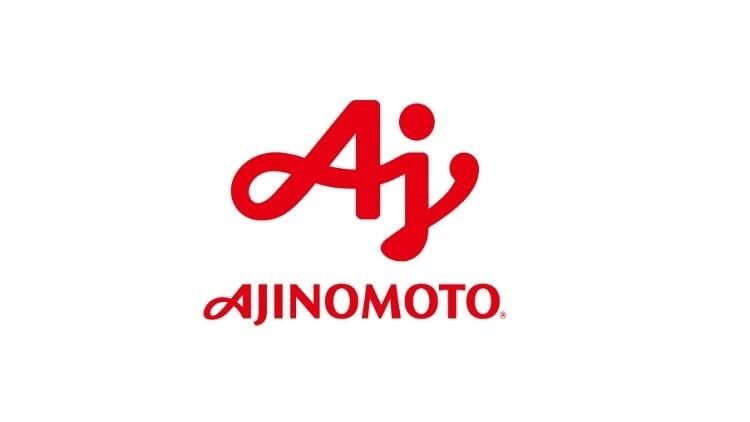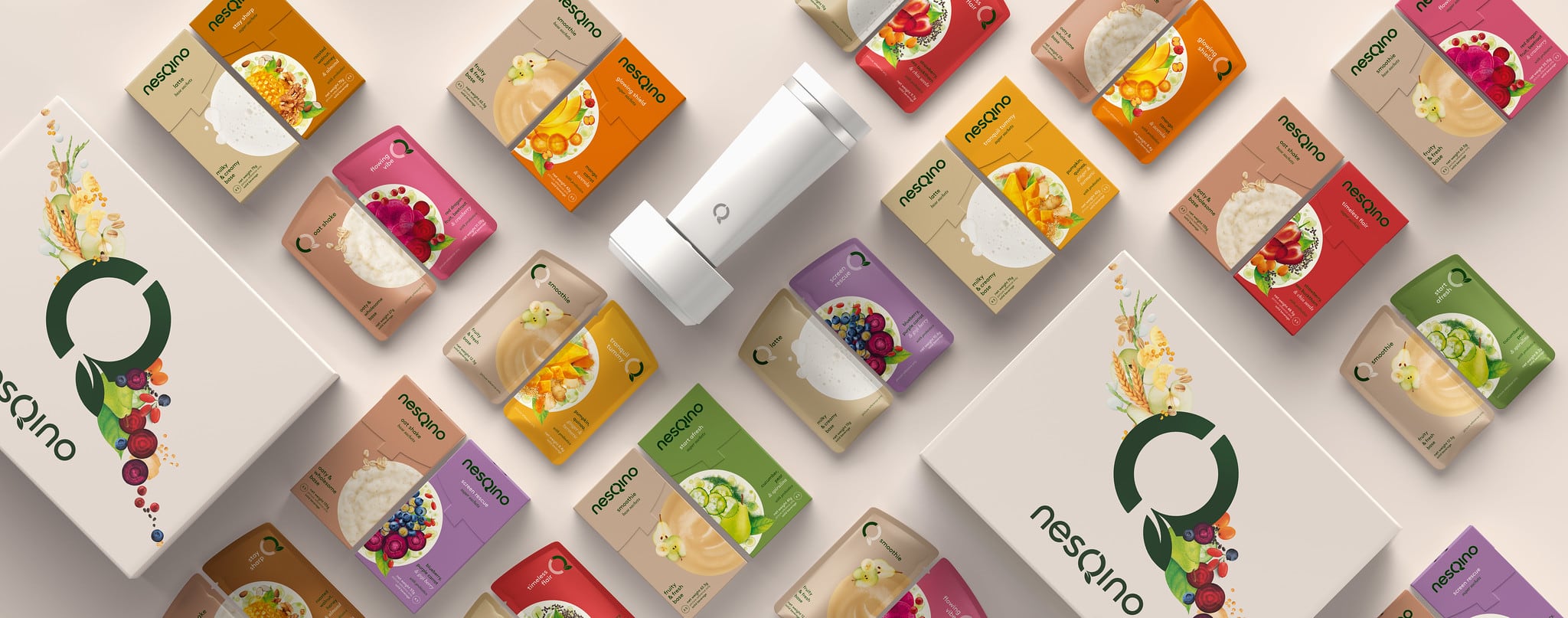The company claims to be the first food company in Japan to implement its Nutrient Profiling System (NPS) and will reformulate 500 of its products including seasonings, instant noodles, powdered soups, frozen foods and beverages.
The first reformulated products are expected to launch after FY2022, in Japan as well as Thailand, Vietnam, Indonesia, the Philippines, Malaysia and Brazil.
Dr. Kana Ohyama, project leader of the NPS at Ajinomoto told FoodNavigator-Asia the company had been working on the programme for three years.
Nutrition science
An NPS uses a specific algorithm to give the nutritional quality of food as a score. It means the nutritional value of multiple products in the same category can be compared, including before and after reformulation.
This makes it easier to express the nutritional quality in an easy-to-understand manner.
Global food companies such as Nestle had been implementing their own NPS since 2004. For Nestle, it had established specific nutritional factors such as energy, sodium, added sugars, fructose, trans fatty acids and saturated fatty acids as important to public health.
Ajinomoto’s NPS will assess energy, sodium, added sugars, saturated fats, protein and dietary fibre. It is loosely based on the scoring method of Australia’s Health Star Rating System, in which the healthier the product, the higher the score.
Products will then undergo profiling to understand the nutritional issues such as which nutrients should not be consumed in excess, as well as nutrient and food groups that were under-represented.
Based on this understanding, products will be reformulated to make them healthier, for instance reducing salt levels or increasing protein content. The scores will be displayed on the packaging.
Global health issues
According to Ajinomoto, the implementation of its NPS was part of its nutrition improvement activities as it seeks to develop and formulate healthier products to fight global health issues such as age-related functional decline.
It said the world was currently facing two nutritional issues, overweight or obesity caused by excessive nutrient intake, and undernourishment caused by a diet lacking in protein, dietary fibre and other nutrients.
“However, it is difficult for consumers to eat a balanced diet every day based on a knowledge of essential nutrients. There is growing public interest in the efforts of governments and companies to improve nutrition,” the firm said.
It hopes the NPS can provide the company with a common standard to assess the nutritional values of its products.
The company reported revenue of JPY1.1tr (US$10.2bn) for the fiscal year ended March 31, 2020, down 1.3% year-on-year. The loss was attributed to a decrease in animal nutrition sales despite increased sales in pharmaceutical manufacturing and amino acids for pharmaceuticals and foods.
Profit also fell to JPY28.9bn (US$268m) from JPY39bn (US$362m).
Despite an increase in demand for some amino acids for pharmaceuticals, home-use seasonings and processed foods, the COVID-19 pandemic led to a decrease in demand from food service and industrial clients.




